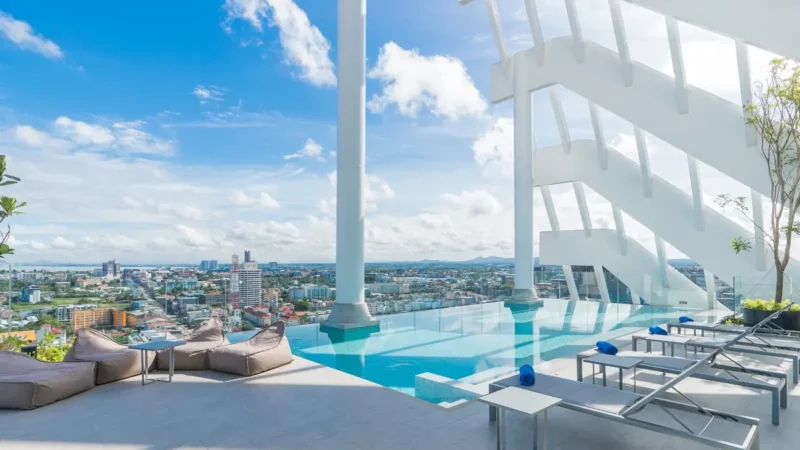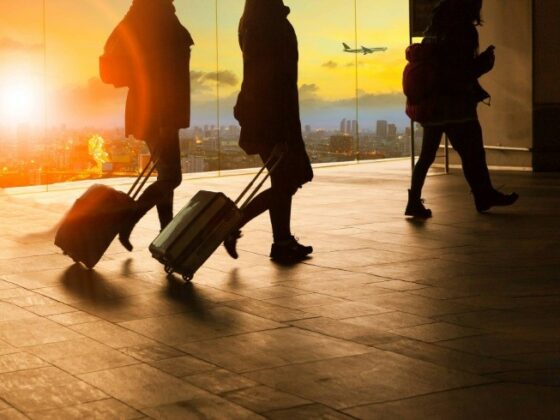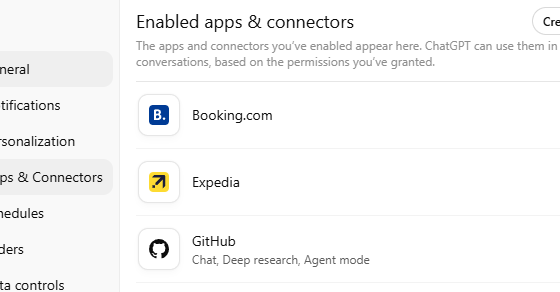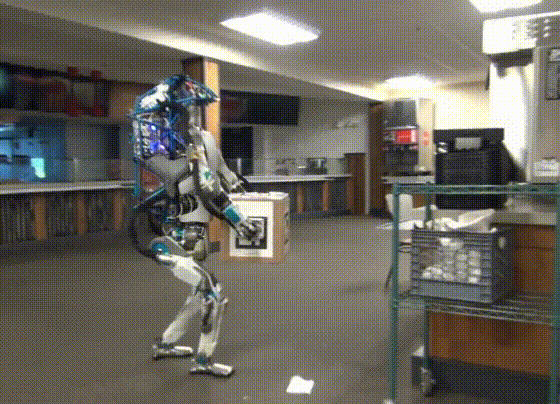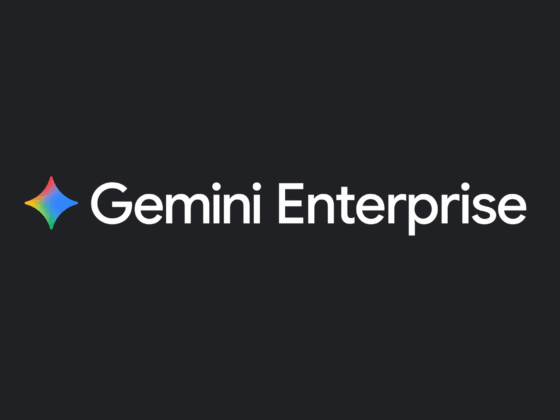
The announcement from Cloudflare regarding their default blocking of AI bots and the introduction of a “pay-per-crawl” system is a significant and largely positive development for the digital landscape, particularly as it pertains to our core industries of hospitality and travel.
Cloudflare’s initiative is like putting a “Do Not Disturb” sign on your digital front door for these bots, giving you control.
At TRAVHOTECH, we view technology through the lens of competitive advantage and its ability to deliver tangible, sustainable value. This move by Cloudflare directly addresses several critical areas we’ve identified as increasingly problematic within the evolving digital ecosystem. This is a pivotal moment for Cloudflare and AI bot blocking in hospitality and travel.
What is Cloudflare and Why This Matters for Hotels? (A Layman’s Guide)
Cloudflare is a giant internet security and performance company. Think of them as the digital bouncer and express lane manager for millions of websites, including many hotels and travel sites. When you visit a website, often your request goes through Cloudflare first, which helps protect the site from attacks and make it load faster.
Recently, Cloudflare announced they would start automatically blocking many AI bots (like those used to train large language models for AI chatbots) from accessing websites by default. Crucially, they’re also introducing an option for website owners to allow these AI bots to crawl their content, but potentially on a “pay-per-crawl” basis.
Why this matters to a hotel owner or operator: Imagine your beautiful hotel website, filled with unique descriptions, high-quality photos, and detailed information about your amenities and special offers. Today, AI bots can freely “read” and “learn” from all of that content to answer user questions or build their own knowledge base. Your original content might then appear in an AI-generated answer somewhere else, but without a direct link back to your site or any compensation. Cloudflare’s initiative is like putting a “Do Not Disturb” sign on your digital front door for these bots, giving you control. You can either keep them out, or potentially charge them for using your valuable digital assets. It’s about protecting your unique online presence and ensuring fair use of your digital property.
Protecting Value & Intellectual Property (IP): Safeguarding Hotel Content Ownership Digital
For too long, content creators, including hospitality businesses with their unique digital assets, have seen their intellectual property harvested for AI training without clear compensation or attribution. Content owners should have control over how their content is used and monetized. Cloudflare’s initiative, especially the “pay-per-crawl” option, offers a much-needed mechanism for hospitality operators to assert ownership and derive value from the digital content they produce—whether it’s high-quality imagery, descriptive property information, or unique guest experience narratives. This is a significant step in protecting hospitality intellectual property.
Ensuring Transparency and Accountability: Driving Digital Accountability AI Scraping
The “black box” nature of some AI scraping practices has led to a lack of accountability, where bots disregard robots.txt directives. Cloudflare’s move to default blocking, coupled with granular control and bot verification, introduces a level of transparency and accountability that has been sorely missing. This fosters transparent AI bot interaction and promotes greater digital accountability in AI scraping.
Mitigating the “Zero-Click” Future: Addressing AI Search Direct Traffic Threat in Hospitality
The threat of AI-generated answers reducing direct traffic to websites is a critical concern for hospitality, an industry that thrives on direct engagement and building relationships. If AI models simply digest and regurgitate information without sending users to the source, it undermines the traditional unspoken agreement of search engines and risks commoditizing the unique offerings of hospitality businesses. This directly impacts our strategic approach of emphasizing the holistic experience and intangible value of hospitality over a mere checklist of attributes, making the zero-click future impact on hotels a serious consideration.
Empowering the Content Owner: Enhancing Website Owner AI Data Control
This initiative puts power back into the hands of website owners. It enables them to make informed decisions about how their data is used across the AI lifecycle—training, fine-tuning, and inference. This aligns with our professional leaning to empower businesses and give them the tools to optimize their operations and revenue streams, enhancing website owner AI data control.
Conclusion: A Pragmatic Step Towards Digital Equity
However, as with any broad technological shift, a nuanced approach is essential. We would caution that while commercial exploitation needs to be managed, care must be taken not to inadvertently hinder legitimate, non-commercial uses like academic research or web archiving. The goal is not to stifle innovation or knowledge sharing, but to ensure it occurs on fair and transparent terms.
Ultimately, Cloudflare’s announcement represents a pragmatic and necessary step towards creating a more equitable and transparent digital environment. For TRAVHOTECH and our clients, it’s about leveraging technology to protect and enhance the value of their digital assets, ensuring that the drive for AI advancement respects intellectual property, fosters accountability, and ultimately contributes to a more sustainable and fair ecosystem for all industry participants. This is a move towards a future where digital progress and ethical conduct can, and must, coexist, leading to genuine digital equity in hotel content.


